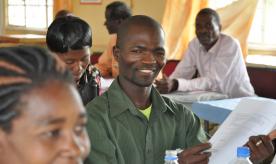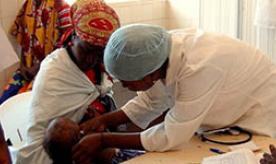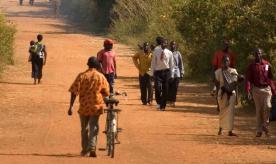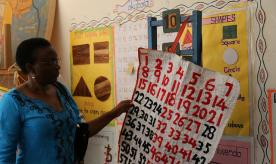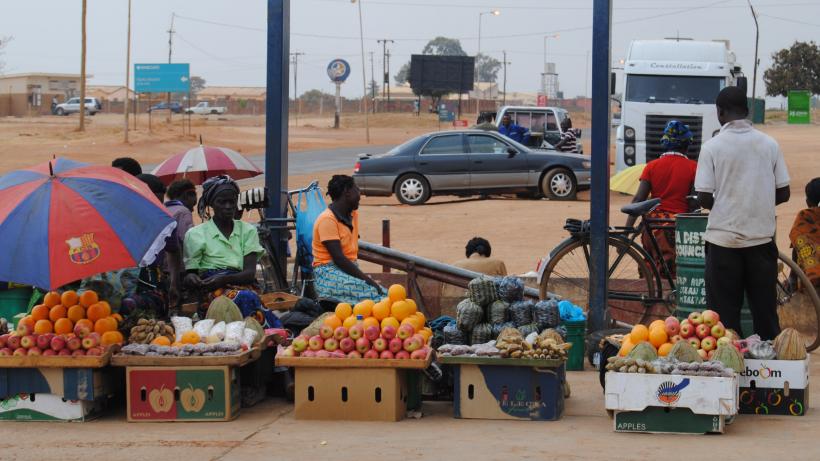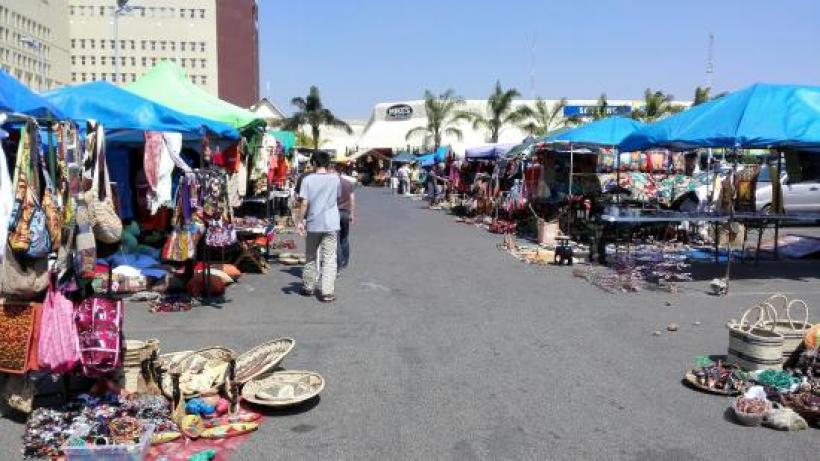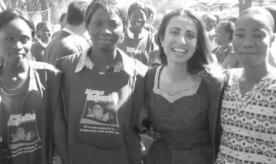
Nava Ashraf
- Professor of Economics
- London School of Economics and Political Science (LSE)
Roles
Researchers
Nava Ashraf is Professor of Economics at the London School of Economics and Political Science. She was previously an Assistant Professor in the Negotiations, Organizations, and Markets Unit at Harvard Business School. She received her Ph.D. in Economics from Harvard University in 2005, and her BA in Economics and International Relations from Stanford University. Her research combines psychology and economics, using both lab and field experiments to test insights from behavioural economics in the context of development projects in the Philippines, Kenya and Zambia. Her experiments address behaviour change in health, agricultural production, and microfinance. She has conducted research on questions of intra-household conflict and bargaining in decisions related to finance and fertility, with a special focus on women’s empowerment. Her research is published or forthcoming in leading journals including the American Economic Review, the Quarterly Journal of Economics and the Journal of Economic Perspectives. She is a Faculty Affiliate of the Jameel Poverty Action Lab at MIT, dedicated to the use of randomized trials as a tool for learning what works in international development, and a Fellow of the National Bureau of Economic Research. Prior to joining Harvard, she worked at the World Bank on trade negotiations between Morocco and the European Union, as a consultant for several nonprofit organizations in developing countries, and as founder of a business skills training institute for women in west Africa. She has been awarded a Queen's Jubilee Medal for service by the Government of Canada.


